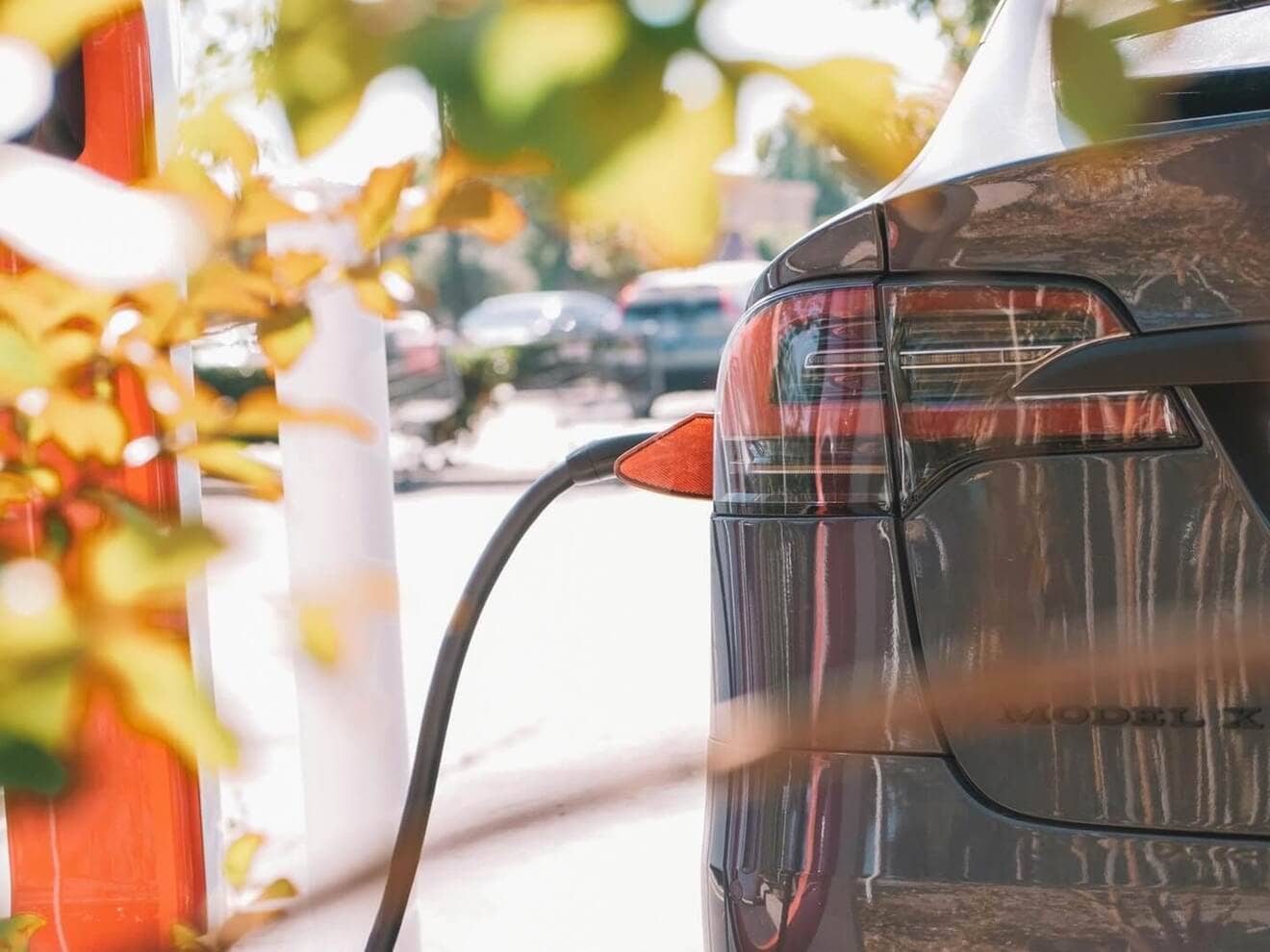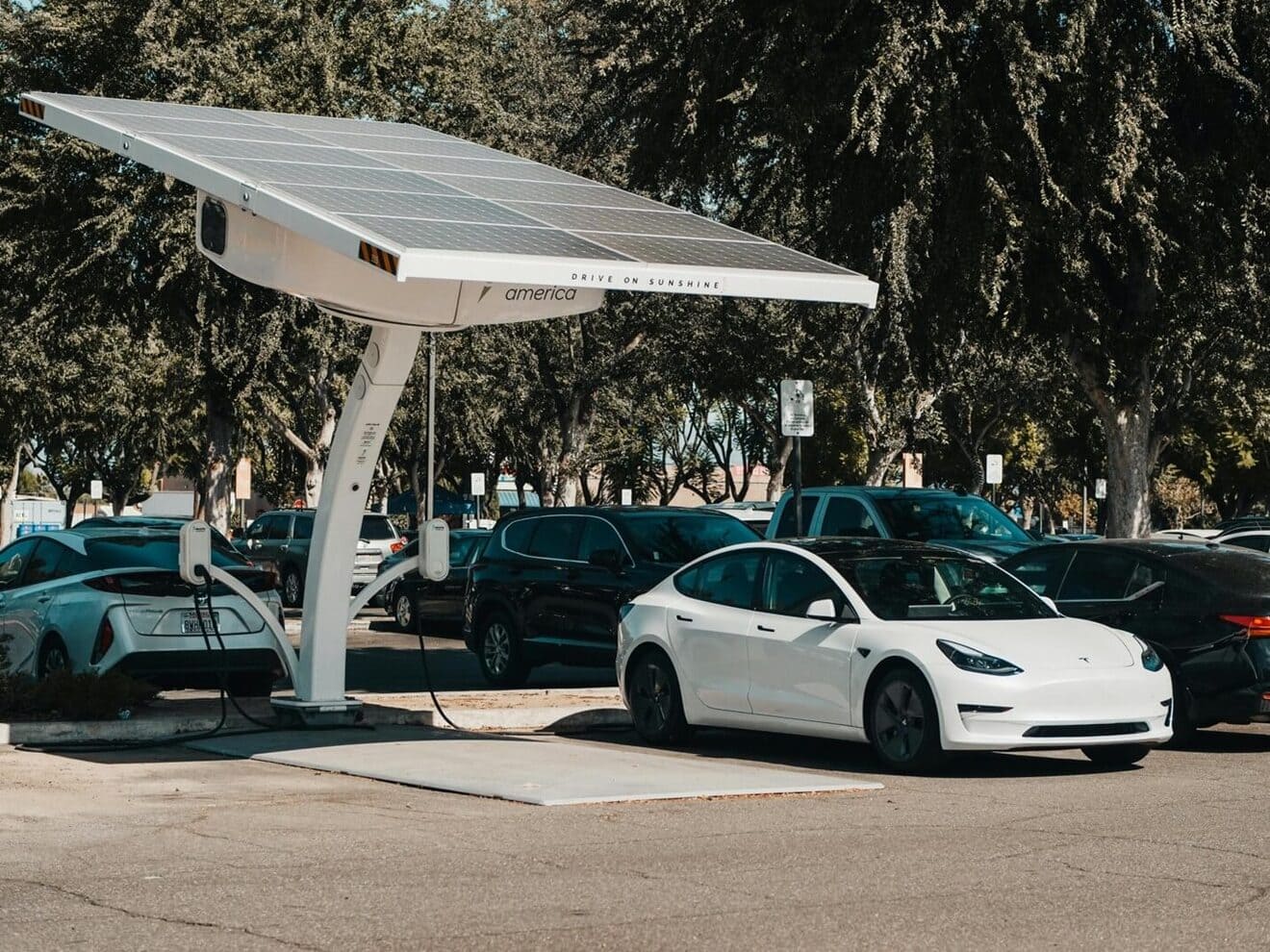When buying a car, what do you pay the most attention to? Performance? Appearance? Price? Sustainability? As the problems of environmental pollution and the climate crisis are rapidly growing today, a future where environmental issues will increase is not as far away as you might think, have you noticed? Electric vehicles, which have made a significant impact worldwide and are becoming more widespread every day, are taking positive steps towards sustainability. These cars, which transition from traditional internal combustion engines to electric motors, meet the performance expectations of vehicle owners while contributing to the future of the world by reducing carbon emissions. They enhance the pleasure of travel with an economical, comfortable, and quiet driving experience, adopting an environmentally friendly principle with concrete steps taken against the climate crisis.

Credit: Unsplash – Kindel Media
THE KEY TO SUSTAINABLE TRANSPORTATION
From an ecological perspective, we all know that electric vehicles are much more advantageous compared to internal combustion vehicles and significantly reduce the carbon footprint. This is because electric vehicles have no exhaust emissions, thereby minimizing environmental impacts. If the energy used to charge electric vehicles is obtained from renewable sources such as wind and solar energy, their environmental impact is further reduced.
When calculating the greenhouse gases produced by an electric vehicle over its lifetime, it is much lower compared to vehicles with internal combustion engines. The energy consumed during the production of electric vehicle batteries creates a small impact compared to the positive contributions of the vehicles to the environment and does not affect the long-term sustainability goals of the vehicles. Additionally, with the presence of "green" charging stations, there is a technology that allows you to charge your vehicle with recycled energy. Nevertheless, when calculating the GHG (greenhouse gas) emissions related to the production, charging, and driving of electric vehicles, it is noticed that the environmental impact of internal combustion vehicles is much greater. The main reason for this is that electric cars have zero exhaust emissions and are responsible for lower GHG during operation.
HIGH PERFORMANCE, LONG BATTERY LIFE
Unlike the batteries used in normal vehicles, the batteries of electric vehicles are designed to last throughout their lifetime. After examining vehicles from the oldest models to the 2023 model year, the data obtained shows that the failure rate of PEV (plug-in electric vehicle) batteries is very rare. Moreover, since most batteries are covered by the manufacturer's warranty, they are automatically replaced in case of any malfunction. The fact that the replacement rate of batteries produced since 2016 is below one percent also indicates that the battery life of electric vehicles lasts for a long time.
SUSTAINABLE CITIES WITH ELECTRIC VEHICLES
Electric vehicles support the sustainability of cities as they have safe charging strategies to prevent overloading the grid. Moreover, manufacturers recommend charging electric vehicles during nighttime hours when rates are lower. Charging vehicles at night ensures that the load on the grid remains at a safe level by reducing congestion. On the other hand, the increasing use of charging stations that use renewable energy sources is a factor that indirectly increases the contribution of electric vehicles to the environment.
Now that most electric vehicles have an average range of 400 km or more, the frequency of charging for daily use is reduced. Especially drivers commuting between home and work can use the energy produced throughout the week by charging their vehicles once a week.
A RECHARGEABLE FUTURE

Görsel Credit: Unsplash – Kindel Media
When it comes to electric vehicles, the number of charging stations installed in cities is increasing every day. Electric vehicles, which run on batteries instead of fuel, are charged via a charging station. Once the cars are connected to the charging station, they start charging with electricity. The use of renewable energy sources at the station is seen as a completely eco-friendly alternative.
ChargeIQ provides great convenience to drivers with charging network points and stations, aiming to combat the climate crisis and support electric vehicles of all brands. This application, which shows the location of electric charging stations throughout Turkey, eliminates the hassle of searching for stations both on long journeys and in city traffic. ChargeIQ, which values sustainability, knows the value of vehicle owners' time and shows the real-time availability of stations. This way, instead of waiting at a station for a long time, you can find the nearest alternatives. After registering with the ChargeIQ application and defining your vehicle, you can get information about the charging stations on your route, learn about other drivers' experiences, and share your own experiences by rating them.








